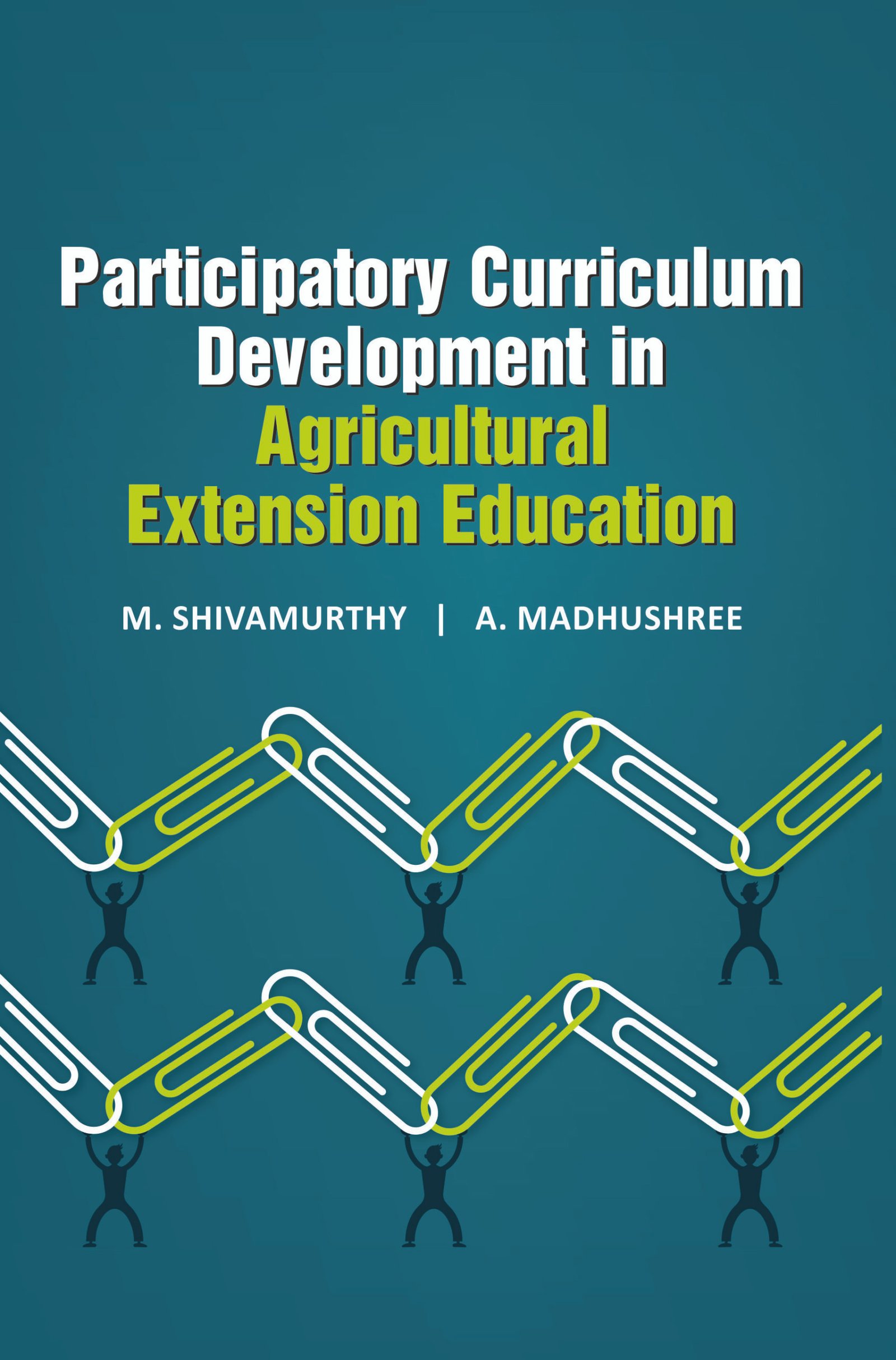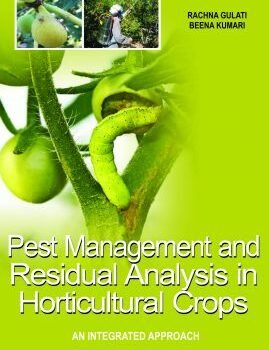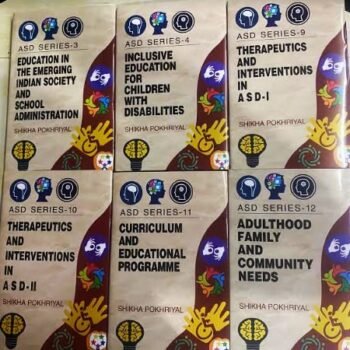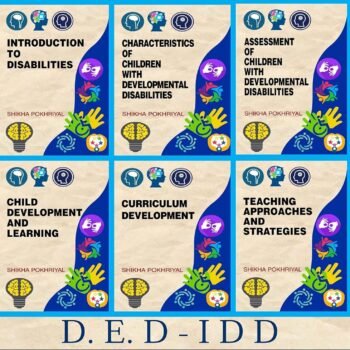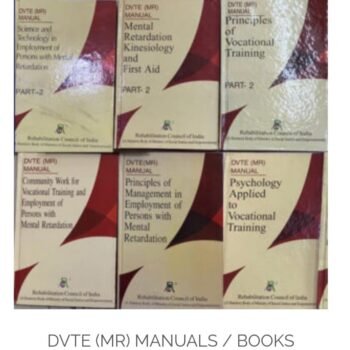| Reorienting and refining curriculum of the extension education is very important in this period of highly vibrant and fast changing society particularly in farming sector. Participatory Curriculum Development (PCD) in Agricultural extension education is an evolving approach to enrich the quality of education in the farm universities. The main steps of the PCD approach adopted here have high practical utility in refining formal course contents for the Undergraduate and Postgraduate courses in Agricultural Extension. A great deal of judgment is essential while determining on how much participation is required from which stakeholders at what levels. However, while developing this toolkit we have taken the insights through Focus Group Discussions and Field level Workshops with farmers, field extension workers, teachers in extension education, both UG & PG students perusing graduation in agriculture and para extension workers by considering stakeholders as a pivotal factor for the success of extension education. The adopted Participatory Curriculum Development (PCD) approach, outlined in this toolkit, holds significant practical utility for shaping formal course contents in Agricultural Extension at both undergraduate and postgraduate levels. The toolkit highlights the importance of thoughtful consideration regarding the extent and type of stakeholder participation at various levels. The emphasis was primarily on enhancing practical utility and elucidating the concept of participatory curriculum development. We explored the reasons behind advocating participatory methods in teaching and learning, along with the advantages obtained through the adoption of participatory approaches. It is hoped that this toolkit serves as an stimulation for individuals undertaking curriculum restructuring efforts, aiming to enhance the quality and efficiency of agricultural education. We anticipate that the toolkit developed will assist to adopt participatory methods in developing curricula for emerging subjects in agricultural science. Finally, we hope it supports in reorienting existing curricula to align to meet the demands of current job market by producing a skilled workforce capable of addressing contemporary challenges in agriculture. |
| author | M.Shivamurthy & A.Madhushree |
|---|---|
| publisher | nipa |
| language | English |
| pages | 52 |

